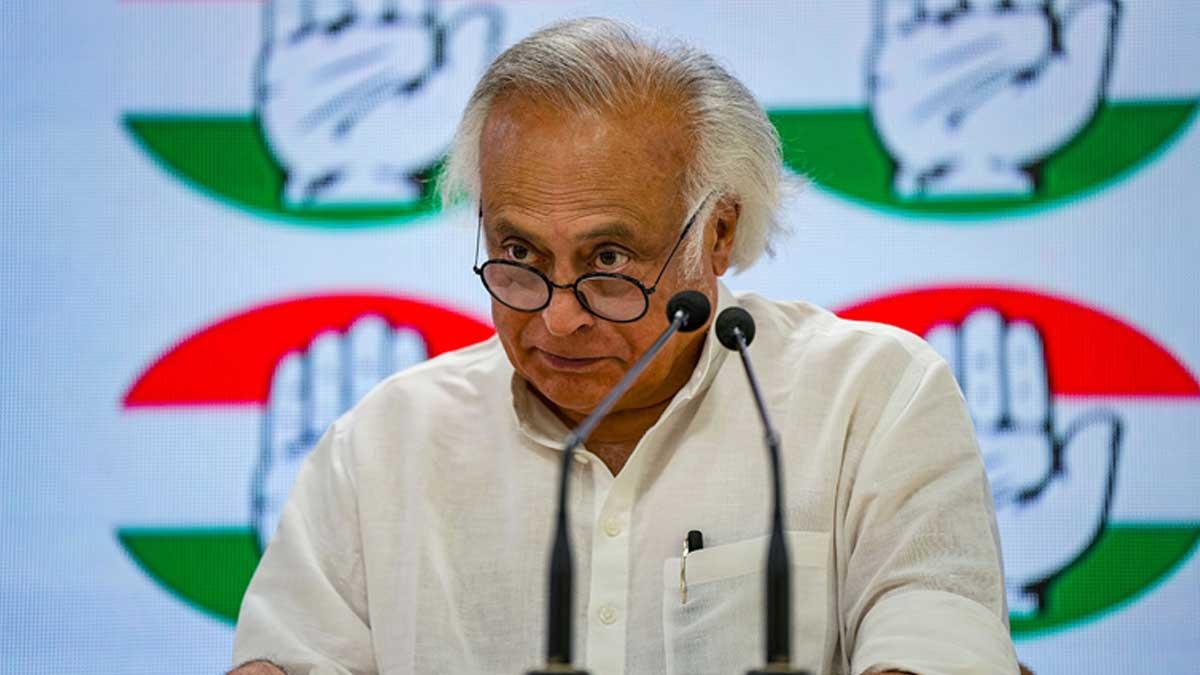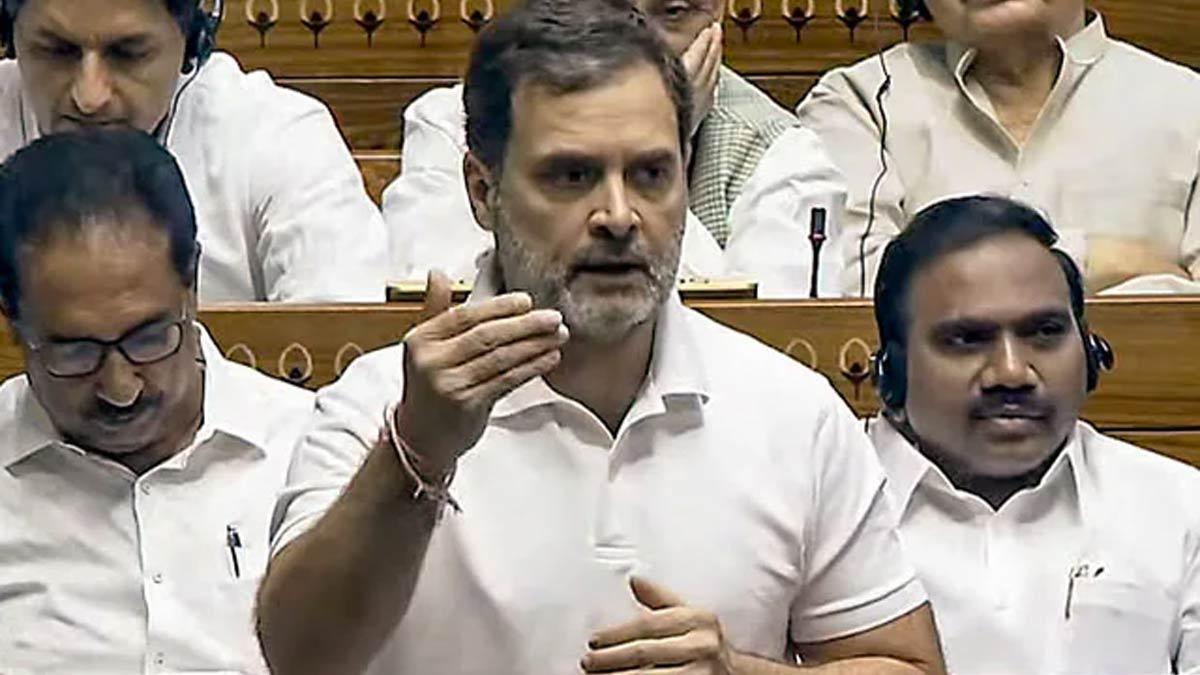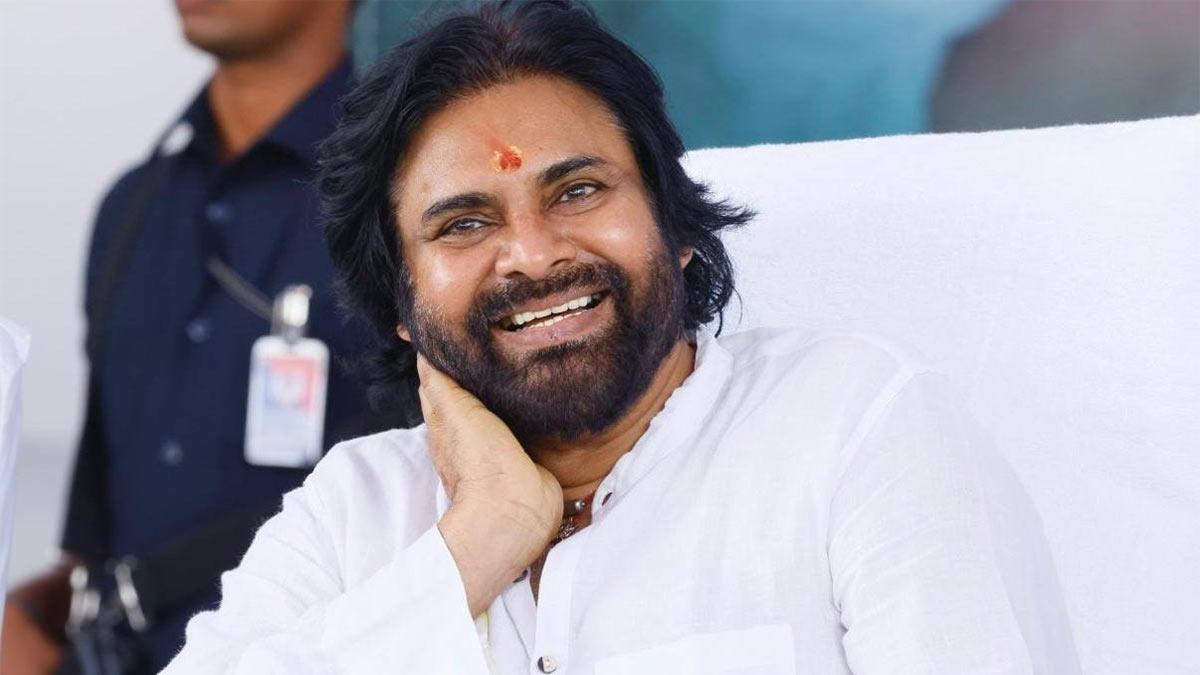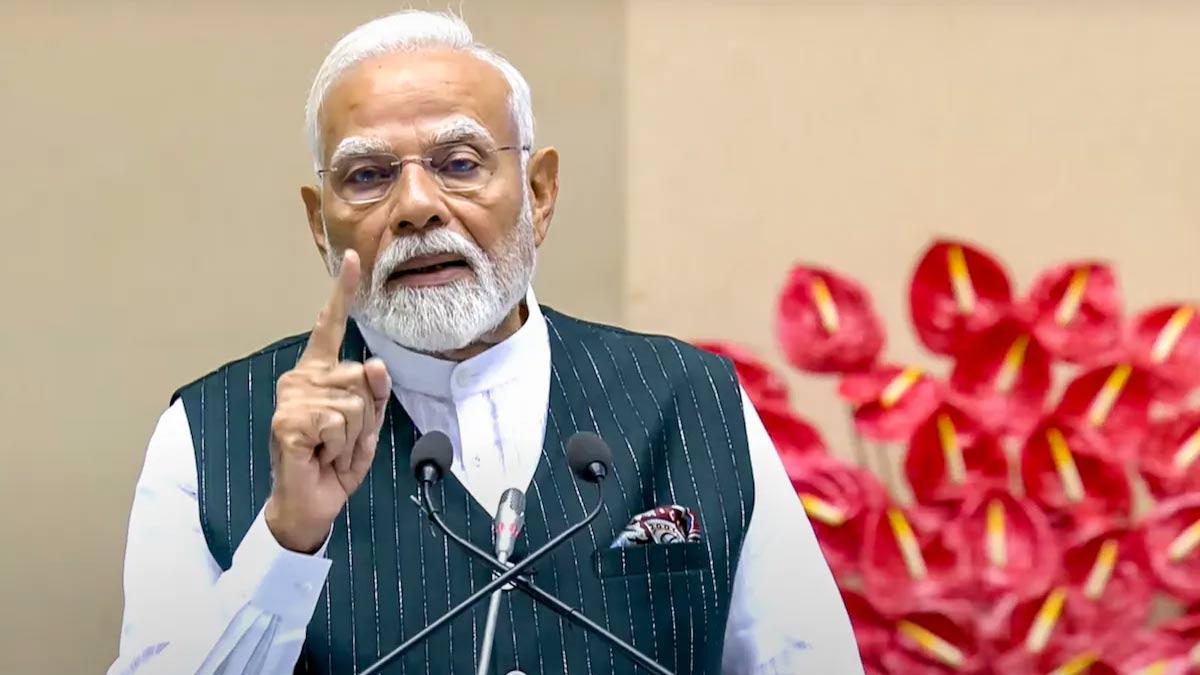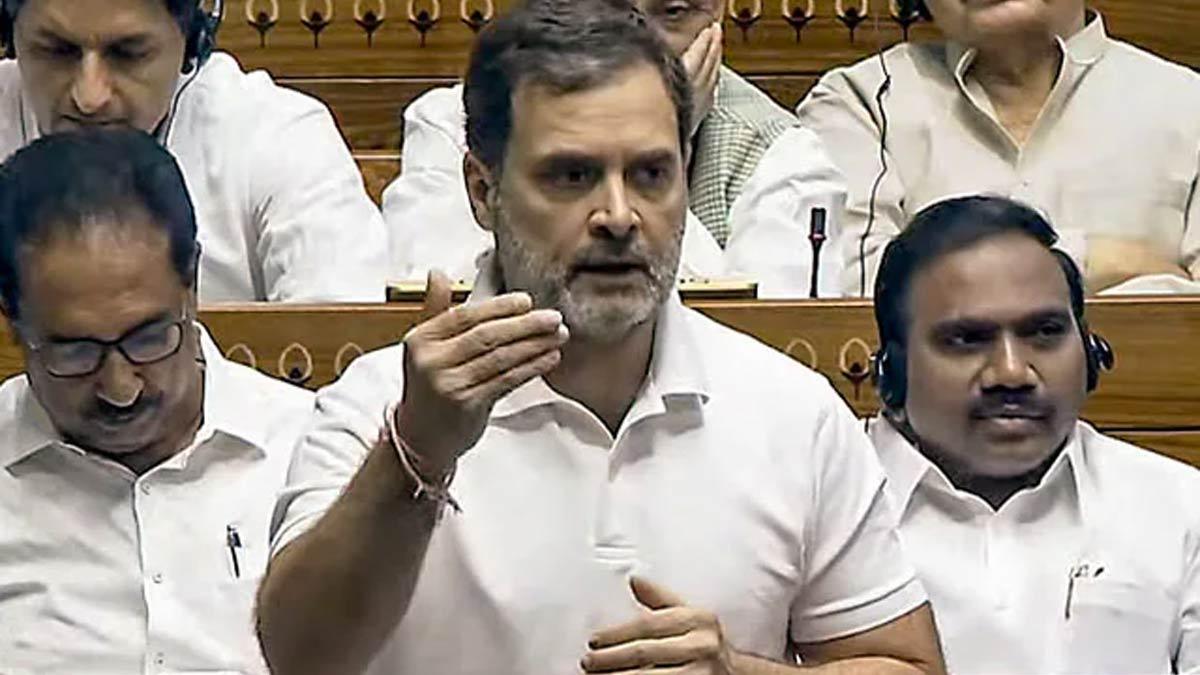Political analysts raised concerns on Thursday regarding Congress' assertion that Prime Minister Narendra Modi's comments about a "communal civil code" in his Independence Day speech were a significant insult to B.R. Ambedkar.
They argued that it was the Nehru-Gandhi family that has historically undermined the Constitution crafted by Ambedkar.
The controversy intensified after Prime Minister Modi's Independence Day address from the Red Fort, where he criticized the current civil codes as "communal" and "discriminatory" and advocated for the implementation of a Uniform Civil Code (UCC).
On social media, critics and analysts have pointed out that the Congress government was responsible for overturning the Shah Bano case judgment and imposing the Emergency, actions viewed by many as a blatant disregard for the Constitution.
“Babasaheb Ambedkar’s Constitution was always secular. It was the way Nehru-Gandhi Parivar implemented it that converted the lived-reality into a ghastly communal experience,” noted an expert in a post on X.
The post continued, “Was it Ambedkar who overturned the SC judgement in the Shah Bano case? Was it Dr. Ambedkar who mangled the Constitution during Emergency? In fact, it is Dr. Ambedkar’s Constitution which has Article 44 as Directive Principles - something which successive generations of Nehru Parivar have scuttled.”
The expert also highlighted Dr. Ambedkar’s remarks on the Uniform Civil Code debate: “My friend, Mr. Hussain Imam, in rising to support the amendments, asked whether it was possible and desirable to have a uniform code of laws for a country so vast as this is. Now I must confess that I was very much surprised at that statement for the simple reason that we have in this country a uniform code of laws covering almost every aspect of human relationship. We have a uniform and complete Criminal Code operating throughout the country, which is contained in the Penal Code and the Criminal Procedure Code. We have the Law of Transfer of Property, which deals with property relations and which is operative throughout the country. Then there are the Negotiable Instruments Acts. I can cite innumerable enactments which would prove that this country has practically a Civil Code, uniform in its content and applicable to the whole of the country. The only province the Civil Law has not been able to invade so far is Marriage and Succession.”
The expert concluded, “So Jairam, better start schooling third time fail Rahul Gandhi on true history of his family rather than continuously feeding him with venomous lies.”
Previously, Congress' Communications chief Jairam Ramesh commented on X, “The non-biological PM's capacity for malice, mischief, and maligning of history knows no bounds. It was on full display today from the Red Fort. To say that we have had a 'communal civil code' till now is a gross insult to Dr. Ambedkar, who was the greatest champion of reforms in Hindu personal laws that became a reality by the mid-1950s. These reforms had been bitterly opposed by the RSS and the Jan Sangh.”
Ramesh also referenced a 21st Law Commission consultation paper on family law reform dated August 31, 2018, which stated that a UCC “is neither necessary nor desirable at this stage.”
“While diversity of Indian culture can and should be celebrated, specific groups or weaker sections of the society must not be disadvantaged in the process. Resolution of this conflict does not mean abolition of all differences. This commission has therefore dealt with laws that are discriminatory rather than providing a Uniform Civil Code which is neither necessary nor desirable at this stage. Most countries are moving towards recognition of differences and the mere existence of difference does not imply discrimination, but is indicative of a robust democracy,” Ramesh quoted from the consultation paper.
Earlier in his speech, Prime Minister Modi remarked, “In our country, the Supreme Court has repeatedly discussed the Uniform Civil Code. It has given orders many times because a large section of the country believes, and there is truth in it, that the civil code with which we are living is really a kind of communal civil code, a discriminatory civil code."
Read also | PM Modi to Host Major Diaspora Gathering in New York Next Month

